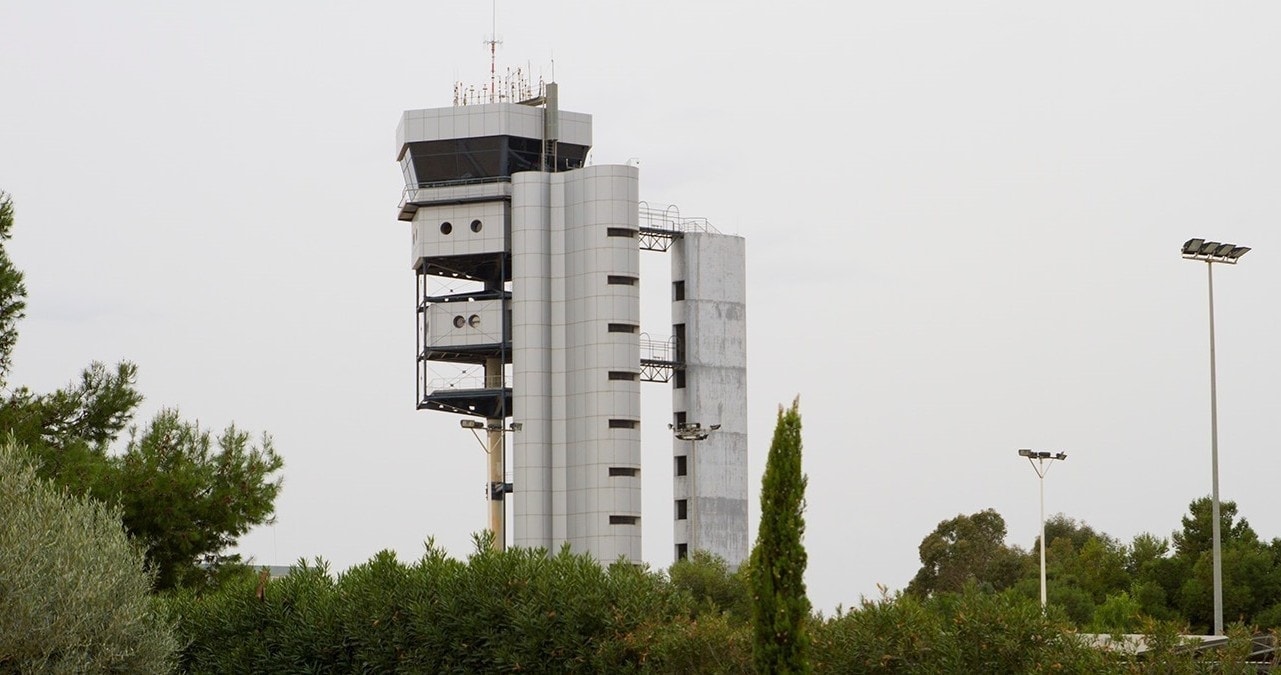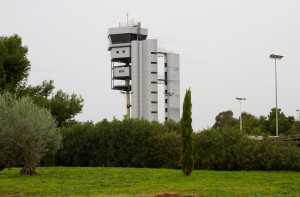
A few weeks ago we explained the opening up of the domestic air navigation market, and the creation of FerroNATS, a company originating in the joining of Ferrovial Services and NATS. More than 35 million passengers have passed through the nine airports where it provides air traffic control services, with more than 500,000 flights having been managed. In order to manage such a volume of flights and passengers, operational excellence stands as the foundation of the work done. This must be conceived of from the three-fold perspective: operational security, the quality of services provided and efficiency incorporated into the processes.
The three-fold perspective: security, the quality and efficiency
The figures for operational security in the two years of FerroNATS activity speak for themselves: an absence of any incidents of level A (severe) or B (major), a runway incursion level 30% below the European average (ECAC area), and a reporting ratio twice that of the European average (ECAC area). Operational security, with “just culture” taken as a basic strategic value, is the cornerstone of the organisation, integrated into the management model and with the aspiration of standing at the forefront of the industry.
With respect to the quality of the service provided, the figures provided by EUROCONTROL are conclusive: 97% of compliance with CTOT (calculated take-off time) in 2014, and 98.4% so far in 2015, placing FerroNATS three points above the industry average in Spain. Furthermore, improvements have been recorded in additional taxi-out time of 11% compared with the year prior to FerroNATS starting to provide its services.
With regard to efficiency, we feel that supervision tailored to management and the correct processing of the enormous volume of data generated every day allow us to provide a Premium service at a reasonable cost. As a result, the cost of the service in the towers that FerroNATS manages has fallen more than 50%, positioning the average service cost alongside that of the European average.
Europe has robust regulation and supervisory bodies which make it possible to undertake this kind of process with full guarantees. The improvement to the system is, as such, a question of will, and the results that can be attained are clearly positive. Life is change and, in the air industry, said change has traditionally been oriented towards ongoing improvement, with this becoming one of the fundamental values. We know how, and are able to do it: let’s not let the opportunity slip by.






There are no comments yet